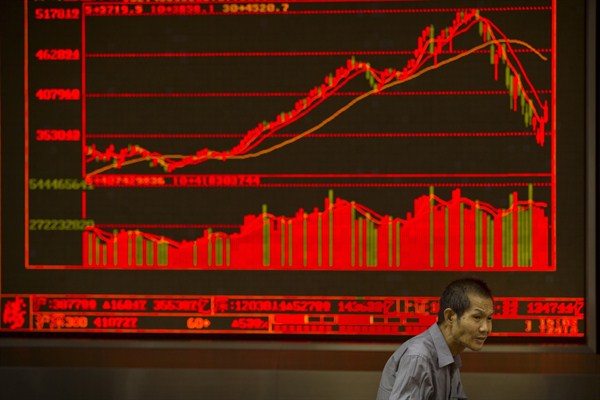Extreme volatility in China’s financial markets has forced emergency interventions by financial regulators and thrown up major new challenges to Chinese policymakers. Following what amounted to a complete suspension of both onshore stock exchanges three weeks ago, market operations have begun to normalize, but confidence remains fragile. With emergency policies still in place, the broader institutional fallout is unclear, but potentially huge.
The seeds of the stock market collapse were sown almost exactly a year ago. Following an 8-year bear market, a major slowdown in the real economy and increasing corporate debt-repayment obligations, it suited policymakers both politically and economically to engineer a market rally. So last fall, Beijing officials began briefings on impending, substantial pro-market reforms, including state-owned enterprise reform, lower interest rates and a step change in overall government support for domestic equity valuations. By the end of the year, state media was putting out increasingly clear signals that economic support was coming. Meanwhile, restrictions on individual share-trading activities, including access to leverage, were loosened substantially, and state-owned investment funds ramped up their equities allocation.
By April 2015, the Shanghai Composite Index had doubled from its 2014 lows. Company valuations had already entered bubble territory, but the rally exhibited few signs of slowing down. Fueled by a rapid growth in new trading accounts, margin financing and frenzied coverage in the state media, China became the best-performing global market. Debt-weary Chinese companies saw their valuations increase exponentially and, with the strong support of regulators, forced through a huge number of initial public offerings, equity raises and debt restructurings. The rally provided a much-needed source of positive economic news, while averting a major corporate solvency issue. As ordinary retail investors rapidly leveraged themselves to buy more and more equities, Chinese corporations used their inflated valuations to pay down their own debt, in what amounted in many ways to little more than a balance-sheet transfer.

